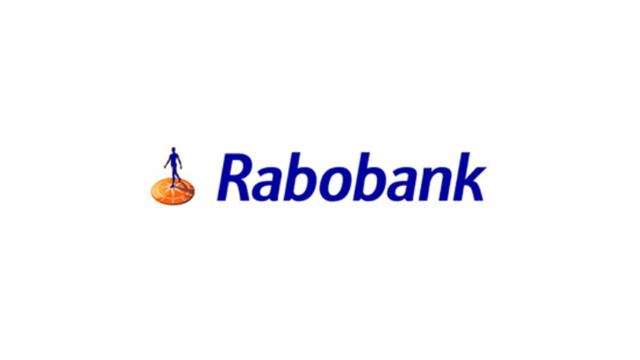Utility Business Cooperatives
Did you know these companies are all cooperatives ?
















Cooperatives
how do they work
Co-operatives are businesses owned and run by and for their members. Whether the members are the customers, employees or residents they have an equal say in what the business does and also get a share in the profits. As businesses driven by values not just profit, co-operatives share internationally agreed principles and act together to build a better world through co-operation.
So why are energy utilities cooperative companies such a great idea?


Utilities Cooperatives
In these times of privatisation of public energy generation assets.
Energyshare wants to enable residents and businesses to own and control their own energy company.
Energyshare also offers this cooperative company model to others who would like to setup energy cooperatives.




A short history of
US energy cooperatives
Cooperative Principles
Cooperatives around the world generally operate according to the same core principles and values, adopted by the International Co-operative Alliance in 1995. Cooperatives trace the roots of these principles to the first modern cooperative founded in Rochdale, England in 1844.
Open and Voluntary Membership
Membership in a cooperative is open to all people who can reasonably use its services and stand willing to accept the responsibilities of membership, regardless of race, religion, gender, or economic circumstances.
Members’ Economic Participation
Members contribute equitably to, and democratically control, the capital of their cooperative. At least part of that capital remains the common property of the cooperative. Members allocate surpluses for any or all of the following purposes: developing the cooperative; setting up reserves; benefiting members in proportion to their transactions with the cooperative; and supporting other activities approved by the membership.
Education, Training, and Information
Education and training for members, elected representatives (directors/trustees), CEOs, and employees help them effectively contribute to the development of their cooperatives. Communications about the nature and benefits of cooperatives, particularly with the general public and opinion leaders, help boost cooperative understanding.
Concern for Community
Cooperatives work for the sustainable development of their communities through policies supported by the membership.
Democratic Member Control
Cooperatives are democratic organizations controlled by their members, who actively participate in setting policies and making decisions. Representatives (directors/trustees) are elected among the membership and are accountable to them. In primary cooperatives, members have equal voting rights (one member, one vote); cooperatives at other levels are organized in a democratic manner.
Autonomy and Independence
Cooperatives are autonomous, self-help organizations controlled by their members. If they enter into agreements with other organizations, including governments, or raise capital from external sources, they do so on terms that ensure democratic control as well as their unique identity.
Cooperation Among Cooperatives
By working together through local, national, regional and international structures, cooperatives improve services, bolster local economies, and deal more effectively with social and community needs.
Inspiring Cooperative facts
Cooperative Companies play a major part in the global economy and are especially important for the communities that operate them and benefit from that participation.
Some facts about cooperatives describe the importance of these organisations
- In New Zealand, 3% of the gross domestic product (GDP) is generated by co-operative enterprise. Cooperatives are responsible for 95% of the dairy export market.
- The Cooperative Energy company in the UK supplies gas and electricity to more than 55,000 UK customers which represents 1.4% of the UK energy market.
- In the United Kingdom, there was a 24% rise in the number of ‘member owned’ energy co-operative enterprises between 2007 and 2011.
- In Norway out of a population of 4.8 million people, 2 million are members of co-operatives.
- The country with the largest number of individual Coop members is the United States with 305.6 million members. There are nearly 30,000 co-operatives in the US.
- Four of every ten Canadians are members of at least one co-operative. In Quebec, approximately 70% of the population are co-op members, while in Saskatchewan 56% are members.
